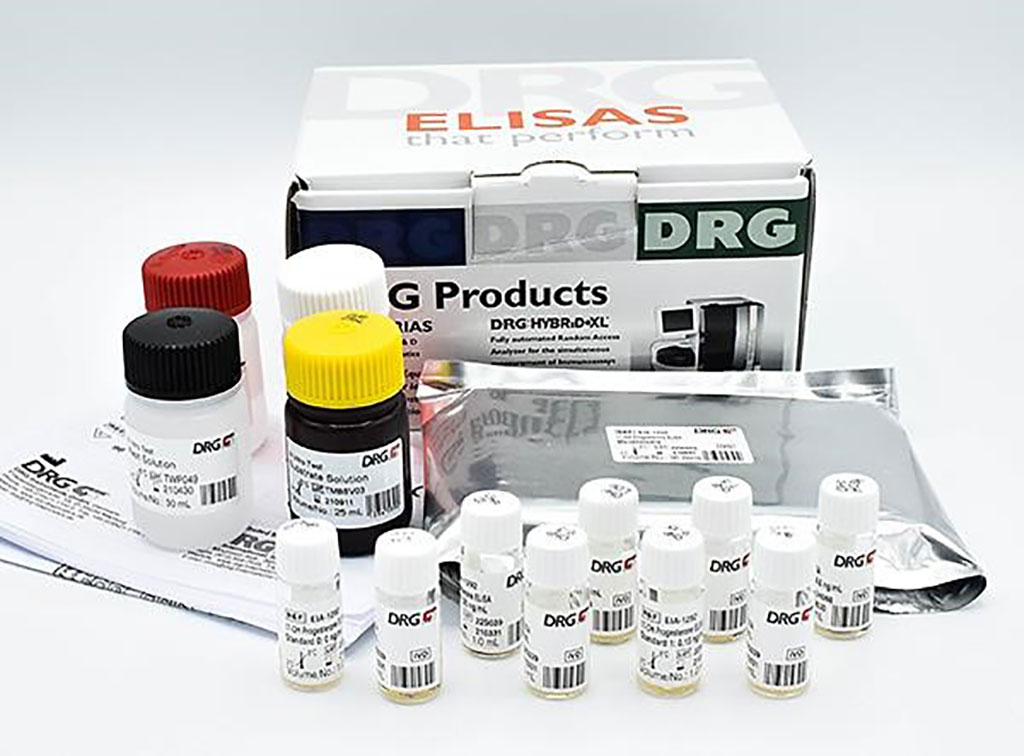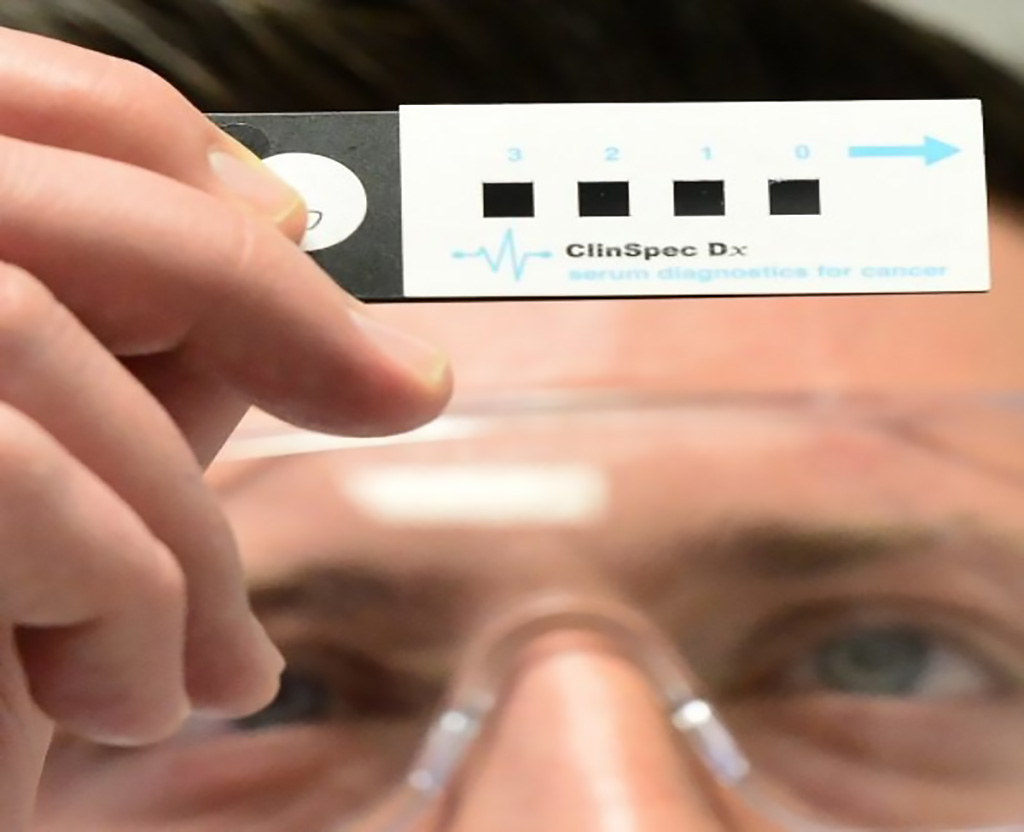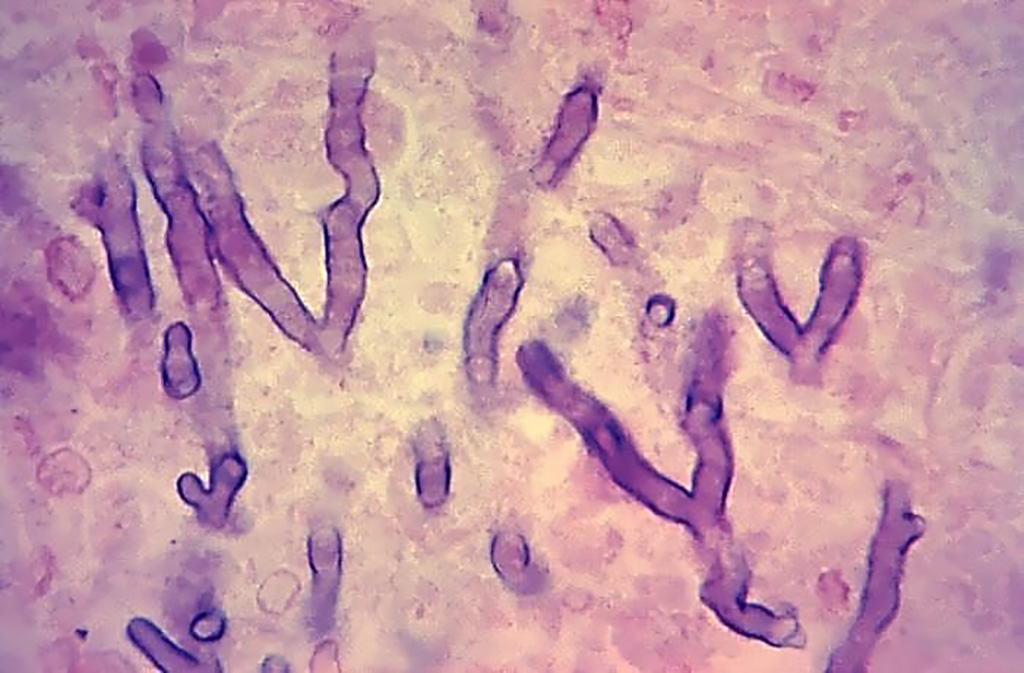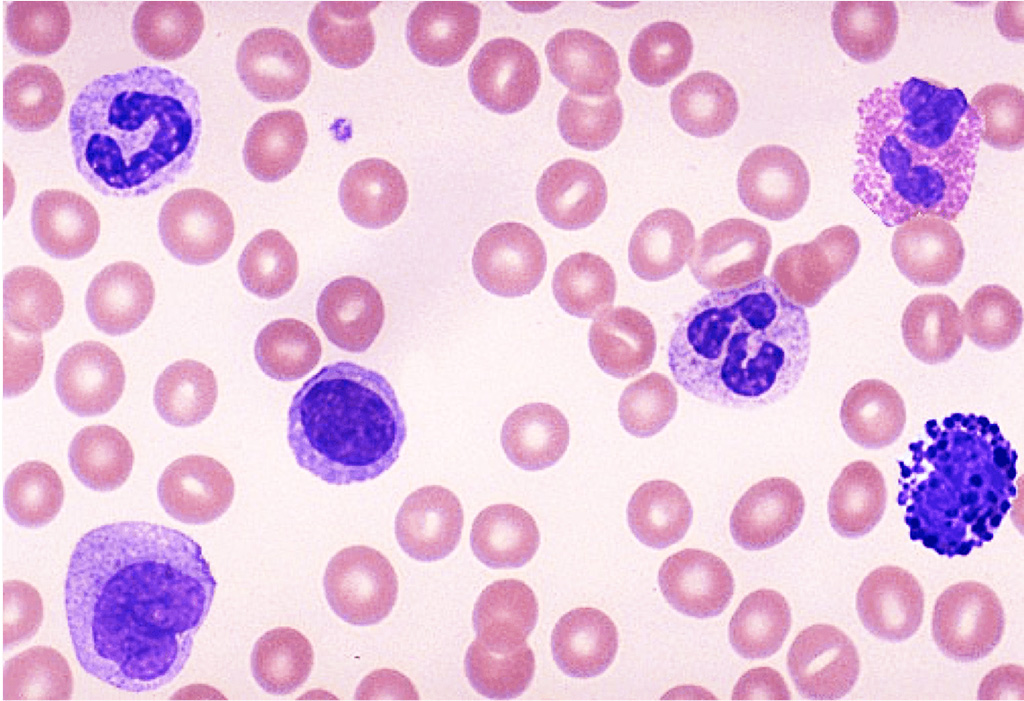Clinical Chemistry

Uremic Toxins Level Measured in Parkinson’s Disease Patients
Uremic-retention solutes are the compounds whose concentration in an organism increases with decreasing kidney function. At uremic concentrations, they play a crucial role in the progression of chronic kidney diseases (CKD) and have negative outcomes. More...27 Nov 2019

Next Generation Glycated Hemoglobin Assay Evaluated
Diabetes mellitus is a pathological condition that affects all age groups worldwide. The percentage of glycated hemoglobin A1C (HbA1C) reflects the mean plasma glucose level over the previous 3 to 4 months for most individuals and can be used to diagnose type 2 diabetes. More...26 Nov 2019

Effect of Lipoprotein(A) on the Diagnosis of Familial Hypercholesterolemia
The recent focus on familial hypercholesterolemia (FH) as a high-risk condition predisposing to premature coronary artery disease (CAD) has led to more widespread screening and diagnosis of the condition. Familial hypercholesterolemia is a genetic disorder. More...25 Nov 2019

Chemical Analysis of Blood Samples Diagnoses Brain Tumors
Brain tumors tend to have ambiguous symptoms, such as headache or memory problems, and a brain scan is currently the only reliable way of diagnosing them. In recent years, the use of infrared (IR) spectroscopy to analyze disease state in biofluids has been largely employed with promising results. More...21 Nov 2019
Novel Nanosensing Technologies Developed for Exosome Detection and Profiling
Exosomes are extracellular vesicles (EVs) that are produced in the endosomal compartment of most eukaryotic cells. Liquid biopsy technologies have been developed to do high-throughput exosome protein profiling and point-of-care (POC) exosome analysis. More...20 Nov 2019

Routine Blood Parameters Predict Invasive Aspergillosis Prognosis
Aspergillosis occurs in chronic or acute forms which are clinically very distinct. Most cases of acute aspergillosis occur in patients with severely compromised immune systems, e.g. those undergoing bone marrow transplantation. Symptoms include fever, chills, shock, delirium, seizures, and blood clots. More...19 Nov 2019

Hematological Ratios Associated with Mortality in Pediatric Trauma Patients
Trauma-related injury as a potential cause of death affects millions of people worldwide, especially in less developed countries and furthermore, it is the leading cause of mortality in pediatric trauma patients. More...14 Nov 2019
In Other News
Increased HbA1c Identifies Rapid Kidney Function Deterioration in Diabetics
Cardiac Biomarkers Identify High-Risk Kidney Disease Patients
High Levels of Blood Hormones Raise Prostate Cancer Risk
Diagnostic Values of Serum STAT4 and sEng Analyzed in Preeclampsia
Vitamin D Deficiency Associated with Impaired Muscle Strength
LC-MS/MS Assay Directly Detects Urinary Bacteria
CSF Test Developed for Uncommon Brain Diseases
Blood Based Biomarkers Characterize Parkinson’s Disease
Fluorimetric Assay Quantifies Galactocerebrosidase Activity in Dried Blood Spots
Fibroblast Growth Factor 23 Associated with Diabetic CV Risks
Metabolic Classification of Thyroid Nodules Uses MS Imaging
Pre-Analytical Protocols Compared for Serotonin Quantification
Presepsin Concentrations Correlate with Kidney Function Decline
Automated Urine Analyzer And Components Evaluated
Liver Biomarkers Tied to Glycemic Control in Diabetes
Human CRP-Levels Compared Using Point-of-Care Methods
Insulin Sensitivity and Adiponectin Level Predict Insulin Therapy Response
Deficiency of Vitamin D Linked to Increased Mortality
C‐Peptide Associated with NAFLD Inflammatory Progression
Methionine Levels Tied to Diabetes in Children
Biomarkers Panel Used for Pleural and Peritoneal Effusions Diagnosis
Bone and Cartilage Biomarkers Analyzed for Knee Osteoarthritis
New Method May Lower Costs Associated with HDL-CEC Measurements
The Clinical Chemistry channel updates the reader on tests, techniques, and research in the field - from routine assays to specialized tests on blood, urine, enzymes, lipids, hormones and more.










